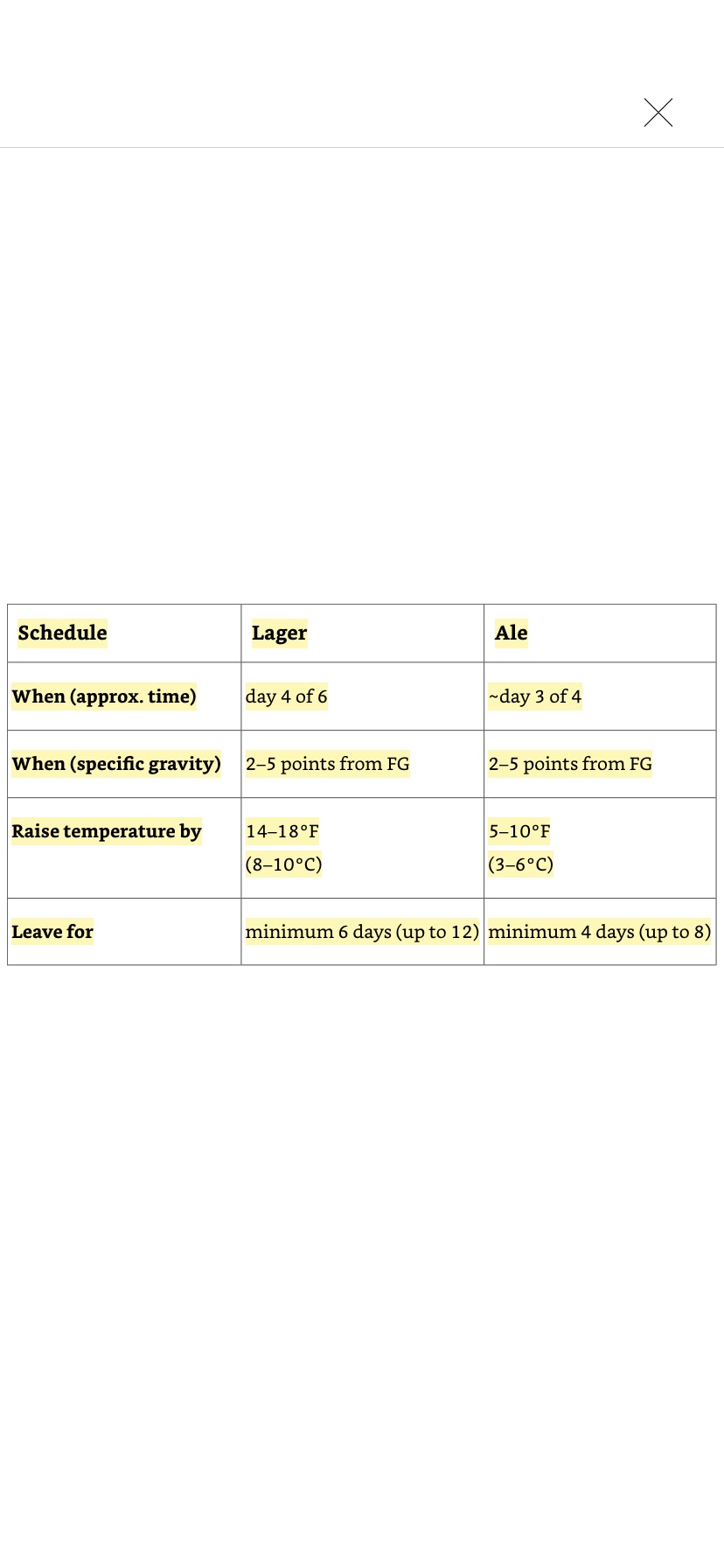iamleescott
Newbie
I've been bottling beer for a while now with generally good results. The general rule I follow each time is that I wait a minimum of 2 weeks for the beers to carb and obviously condition.
However, because I'm impatient and thirsty and start drinking on day 14. In the first early bottles, I always smell and taste something that shouldn't be there. I can't really describe it...perhaps it's yeast...I don't really know?
The questions I have:
1) should i be conditioning the beer longer, so the process cleans up the beer further?
2) is there an additional step in the fermentation process that can provide a cleaner taste / removes any unwanted yeast leftovers?
Thanks for your comments and help.
However, because I'm impatient and thirsty and start drinking on day 14. In the first early bottles, I always smell and taste something that shouldn't be there. I can't really describe it...perhaps it's yeast...I don't really know?
The questions I have:
1) should i be conditioning the beer longer, so the process cleans up the beer further?
2) is there an additional step in the fermentation process that can provide a cleaner taste / removes any unwanted yeast leftovers?
Thanks for your comments and help.
Last edited:











![Craft A Brew - Safale BE-256 Yeast - Fermentis - Belgian Ale Dry Yeast - For Belgian & Strong Ales - Ingredients for Home Brewing - Beer Making Supplies - [3 Pack]](https://m.media-amazon.com/images/I/51bcKEwQmWL._SL500_.jpg)














































